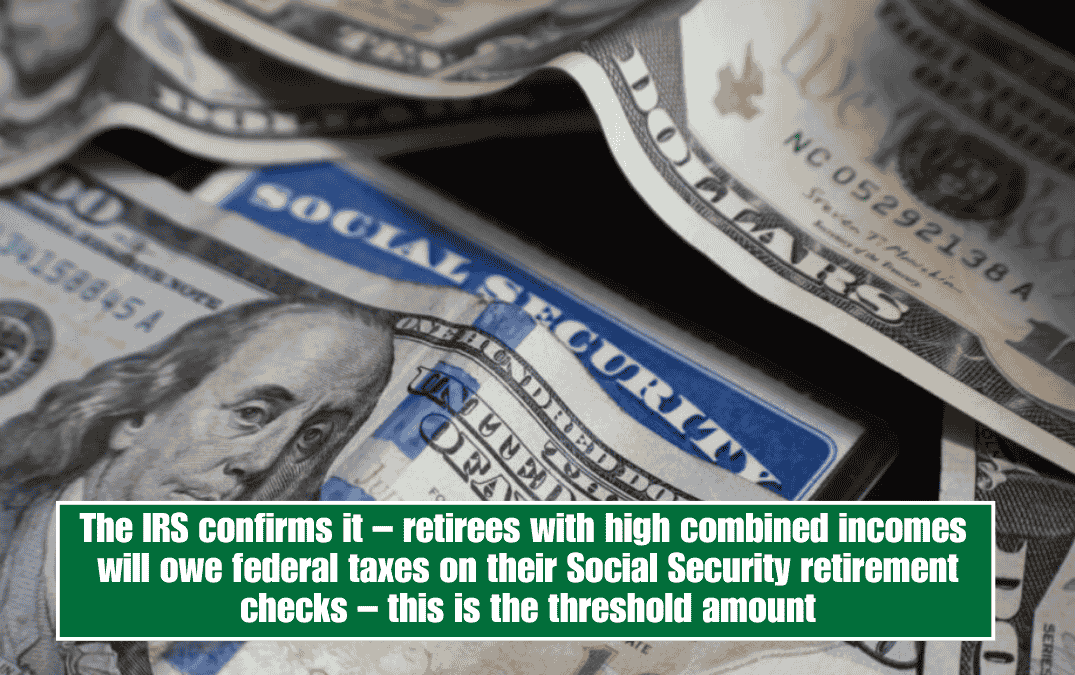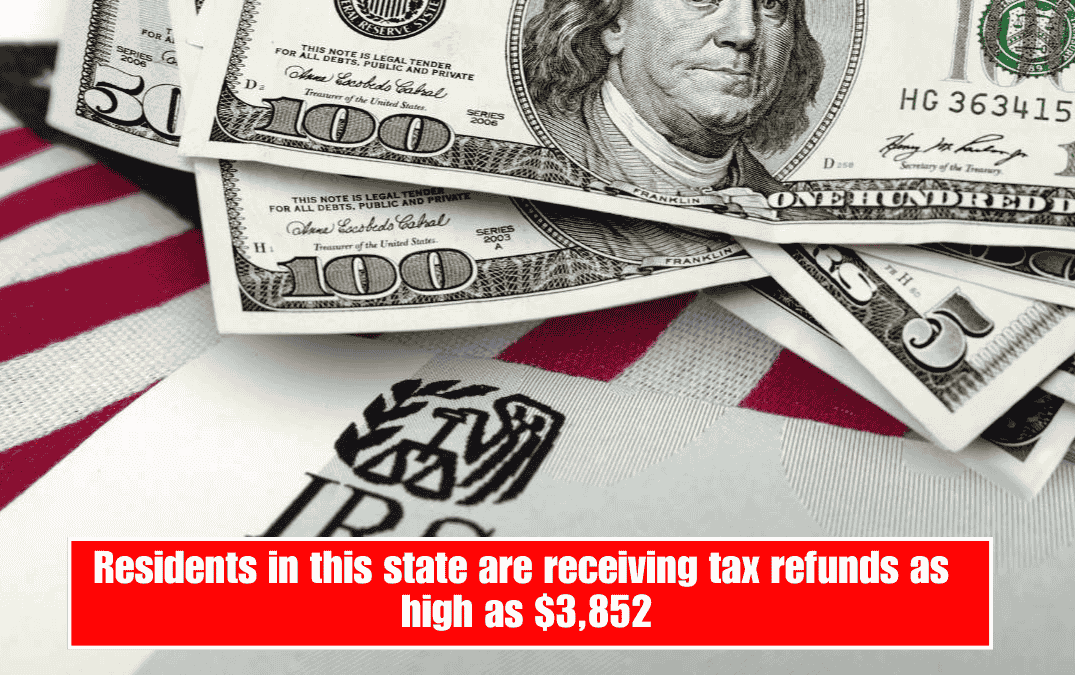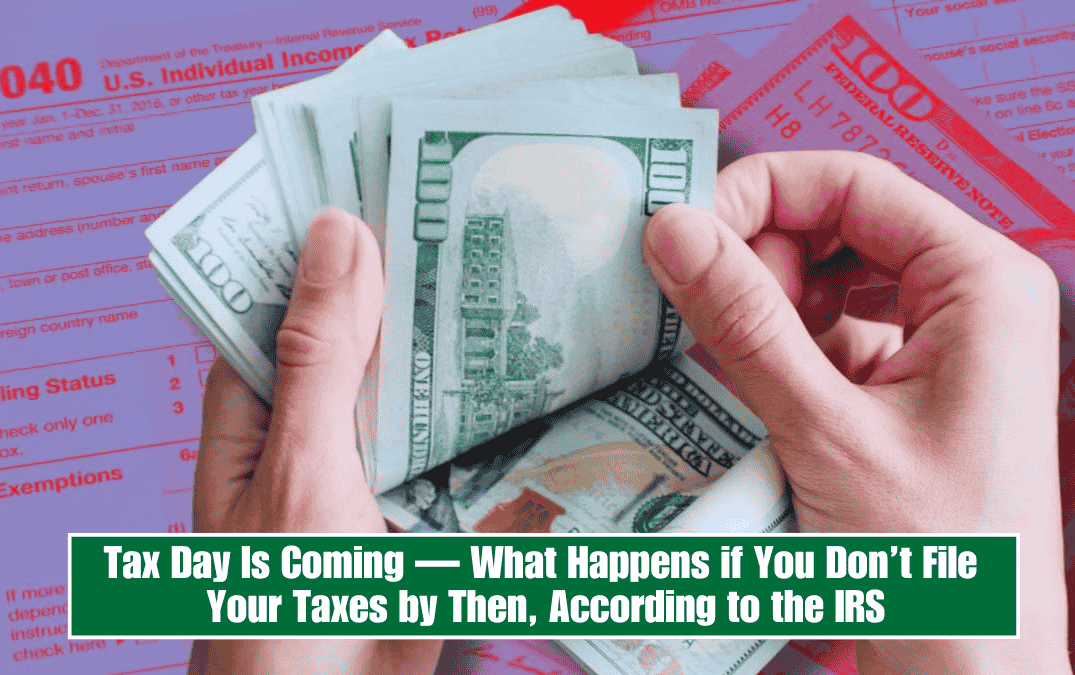Do Retirees in the USA Need to Pay Taxes on Their Pension? Here’s What You Should Know
Retirement is a beautiful phase of life. It’s that time when early alarms, daily work stress, and packed schedules take a backseat. But as you step into this relaxing chapter, one question often pops up: do you have to pay taxes on your pension? Many retired people believe their Social Security or retirement benefits are completely tax-free, but that’s not always the case.
The truth is, depending on your total income, part of your retirement check might be taxed. The Internal Revenue Service (IRS) keeps a close watch, and ignoring tax responsibilities could lead to trouble later. So let’s clear the confusion and understand who needs to pay, how much, and what you can do to reduce your tax burden.
Why can your retirement check be taxed?
It might seem unfair, but Social Security was never meant to be your only source of income after retirement. It was designed to support your income, not fully replace it.
If you receive money from other sources like investments, private pensions, or property rentals, then the IRS will consider your total income and may decide to tax part of your Social Security benefits. The amount they tax depends on your Modified Adjusted Gross Income (MAGI).
What is the income range?
The tax rule depends on your total income and your filing status. If you’re single and your total income is less than $25,000 a year, you likely won’t have to pay taxes on your Social Security benefits. But if you earn more than that, some of your benefits could be taxed.
If you’re married and file jointly with your spouse, the limit is $32,000. Once your income goes beyond that, up to 85% of your Social Security benefits might be considered taxable income. Keep in mind, it’s not an 85% tax rate, but 85% of your benefits could be added to your taxable income.
What are combined incomes?
To decide whether your Social Security benefits are taxable, the IRS looks at something called your combined income. This includes your adjusted gross income (AGI), any tax-free interest (like from municipal bonds), and 50% of your Social Security benefits. They total this up, and if it’s over the limits we mentioned, your benefits may be partially taxable. This is why even people with modest extra earnings may end up owing taxes on their retirement money.
What types of income make your benefits taxable?
Even if you’re no longer working, you might still earn money from other sources. This could include rental income, withdrawals from 401(k) or traditional IRA accounts, investment profits, or private pensions. All these add to your annual income and increase the chance that your Social Security benefits will be taxed. It’s not about whether you’re working—it’s about your total income from all sources.
Can you reduce how much you pay?
Yes, there are ways to reduce how much tax you pay. First, it’s wise to talk to a tax professional who can guide you based on your personal financial situation. You might also spread your income evenly across the year to avoid going over the income limit in a particular tax year.
You can request the IRS to directly withhold taxes from your monthly benefit to avoid a big tax bill in April. Another smart idea is to invest in Roth IRA accounts. Withdrawals from these accounts aren’t taxed, so they won’t affect your combined income.
What is the IRS?
The IRS, or Internal Revenue Service, is the federal agency that collects taxes in the United States. They handle tax returns, process refunds, and can conduct audits if anything looks suspicious. They also manage government programs like the Child Tax Credit and make sure everyone follows the tax rules. They play a key role in keeping public services running by ensuring tax collection.
Why do taxes exist?
Taxes are the main way governments get the money to run public services. From paying police officers and teachers to maintaining roads and providing pensions, everything comes from the taxes people pay. So even if it feels frustrating to pay taxes on your hard-earned retirement income, remember it helps fund the very system that pays those benefits.
Not all retirees pay taxes on their Social Security or pensions, but many do. It all depends on how much total income you earn each year. Stay informed, plan well, and consider professional advice to avoid any tax surprises when April comes. Retirement should be stress-free, and understanding your tax obligations can help keep it that way.












